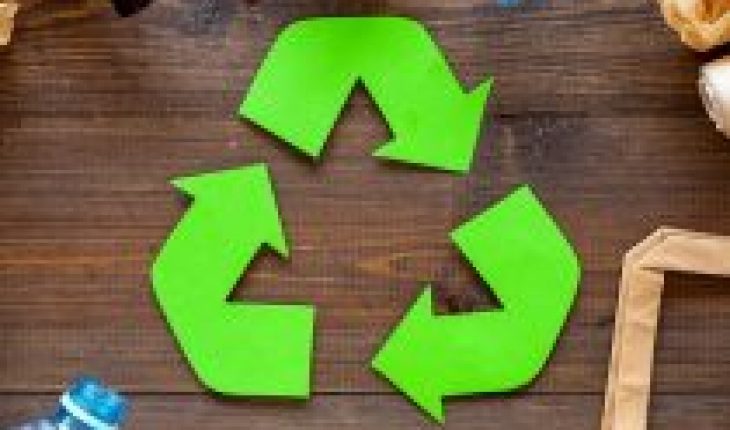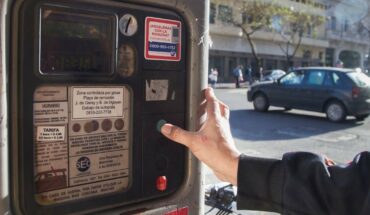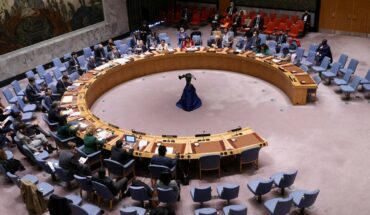
There are many signs that Chile’s linear economy model is already starting to remain in the past. We are facing a progressive paradigm shift towards a circular economy that will require, to all stakeholders, increasing efforts to adopt new practices and innovate in the value proposition, considering the environment as a priority factor.
In terms of sustainable packaging, work must be done on reduction, reuse and recycling, not to mention incorporating ecodesign from the beginning of the process. This is especially relevant for companies whose products reach the end consumer.
The premise that lies here is that it is much more efficient to prevent the problem before it occurs. The challenge of waste pollution must be addressed from the very origin of the production process, innovating in technologies but also materials, to discover new options capable of preserving the quality and properties of the product, minimizing its environmental impact.
In Chile, the road is being charted. In August 2020 we signed the Ecolabeled Clean Production Agreement (APL), promoted by the Ministry of environment, Sofofa, the Sustainability and Climate Change Agency, sernac, the Circular ADC Consumer Association and various companies, which has allowed to certify about 1000 containers with the #ElijoReciclar seal.
This became Chile’s first mass eco-label, which provides clear and express information to consumers on the recyclability of everyday packaging, which is undoubtedly an important step in this chain, which also requires citizens’ awareness of the final arrangement of packaging.
At Nestlé Chile, to date, we have seven categories of foods with products with recyclable packaging with this seal and continue to work at full speed to continue adding up. This demonstrates our advances towards the company’s global commitment to making 100% of our packaging recyclable or reusable by 2025.
Undoubtedly, this APL and the REP Act, which is soon implemented, promote recycling, waste valorization and the evolution towards sustainable packaging. In the spaces where gaps are located to make a circular economy viable, collaborative work must be done. From the private sector, we can think about how to advance innovative business models, such as “refill” systems, solutions that help reduce the use of single-use plastic, and of course to raise awareness among our consumers about the importance of making a responsible final arrangement of post-consumer packaging.
The pandemic has shown us that health problems today are global problems, so do environmental challenges. That’s why the north and sustainable packaging goals need to be clear. Probably when this crisis is over the environmental issue will be equal or more important, because the world asks for it and so will our consumers.
The content poured into this opinion column is the sole responsibility of its author, and does not necessarily reflect The editorial line or position of El Mostrador.





